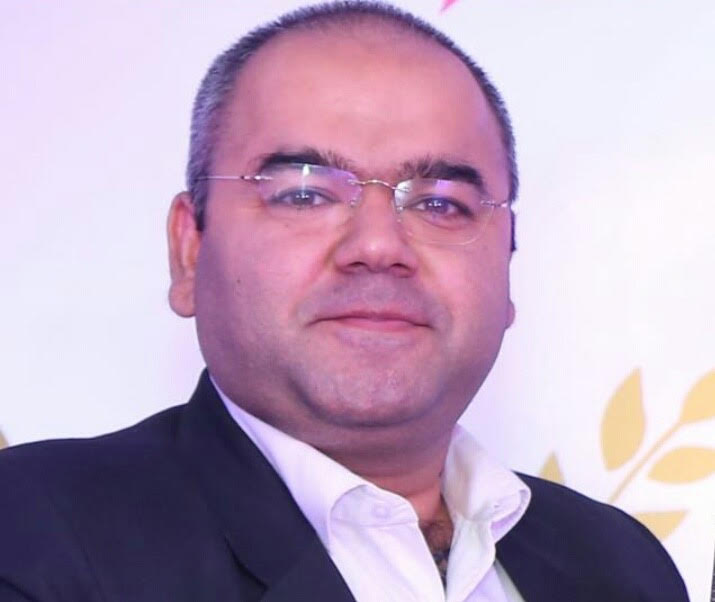By Ansoo Gupta founder of OneShoe Trust
September 27 is marked as world tourism day every year. But this year, World Tourism Day comes as a grim reminder of the uncertainties that we face together as an industry. While tourism is restarting and we are seeing signs of recovery almost everywhere, we must remember some of the very important lessons if as an industry we want to usher in a long period of growth for all. “Inclusive growth” is the theme for this year for tourism day and very rightly so.
When we talk about “inclusive growth”, there are many participants in the ecosystem which can be broadly categorised into
(1)Tourism enterprises : This group is the most obvious. While seeking long term profitability, not only do they need to keep revenues, corporate image as their targets but also relationship with their staff, and their impact on the global environment and that immediately around them.

(2)Local communities : It is true that tourism brings economic gains to the host community but sometimes the means are not in their best interest. Their pursuit of increased prosperity should be without exploitation or damage to their quality of life.
(3)Host environment : Industry should not only be concerned about the harmful impacts of tourism on the local environment but also see it as a valuable source of income for conservation. Imagine, if all travel businesses included conservation as a part of their agenda!
(4)Tourists : The market trends are slowly but surely turning. Tourists are seeking a high quality experience in safe and attractive environments;they are becoming more aware of the impacts of their travelling. And the day is not far when tourists will actively choose only those service providers who can demonstrate a greener approach to tourism.
Evidently, every part of the value chain in tourism stands to gain from tourism being made more sustainable. It is now abundantly clear that the business-model we have been following for decades is detrimental to many of the elements in the value chain, and drastic changes are needed. One way of ensuring that we follow a long-term, foresighted, sustainable model of tourism development is to peg the growth to a yardstick that can measure not just the contribution to GDP, but also the well-being of local communities, health of local environment, pressure on local resources and other tourism impacts.

One of the countries doing this rather well is Costa Rica with their Social Progress Index : A system of indicators adapted to fit the specific circumstances of each destination, such as the type of location and the level of development, enables comparison across 32 Costa Rican destinations. With three categories covering basic human needs, social well-being and level of opportunity, a set of twelve indicators are used to assess current performance and track progress. Generally, tourism destinations in Costa Rica demonstrate a higher index score than the wider municipalities in which they are located which tangibly shows the benefits of the industry at work.
Another tool to help ensure the sustainable development of tourism is the Certificate for Tourism Sustainability. This programme, run by the Costa Rican Tourist Board, is designed to categorise and differentiate tourism companies according to the degree of sustainability in operations and management, while considering natural, cultural and social issues. The core objective is to translate the concept of sustainability into something real and practical, while at the same time ensuring that businesses can boost their own productivity and help the overall competitiveness of Costa Rica.
In all businesses, we say ‘customer is the king’ and bow down to ‘customer demand’. In tourism industry, we HAVE to treat our product as the king. We market landscapes, heritage, culture, cuisine – all these assets belong to humanity as a whole and are larger than any business or customer. It is important that we as an industry start viewing our business very differently from all other businesses. We need a new playbook, new, self-designed, self-monitored guidelines.
It is time for us to come together as one, bring everyone together. Not just everyone, but also take along every mountain, every beach, every coral reef, every tourist spot on our road to economic growth. It is time to regenerate our product, the demand already exists aplenty.
At OneShoe, we are proud to partner with Travel Biz Monitor to raise these critical issues for travel and tourism development in India, fully aware that India will be playing a key role in bringing breakthrough innovations in the global tourism industry.
I wish you a happy World Tourism Day.
Ansoo Gupta is founder of OneShoe Trust which is a global advocacy platform for Responsible & Mindful Travels. Gupta is a science graduate in Physics and Mathematics with a post graduate in business management and a certification in Data Science & Machine Learning from HarvardX.
‘The views expressed in the column are of the author, and may or may not be endorsed by the publication.’






